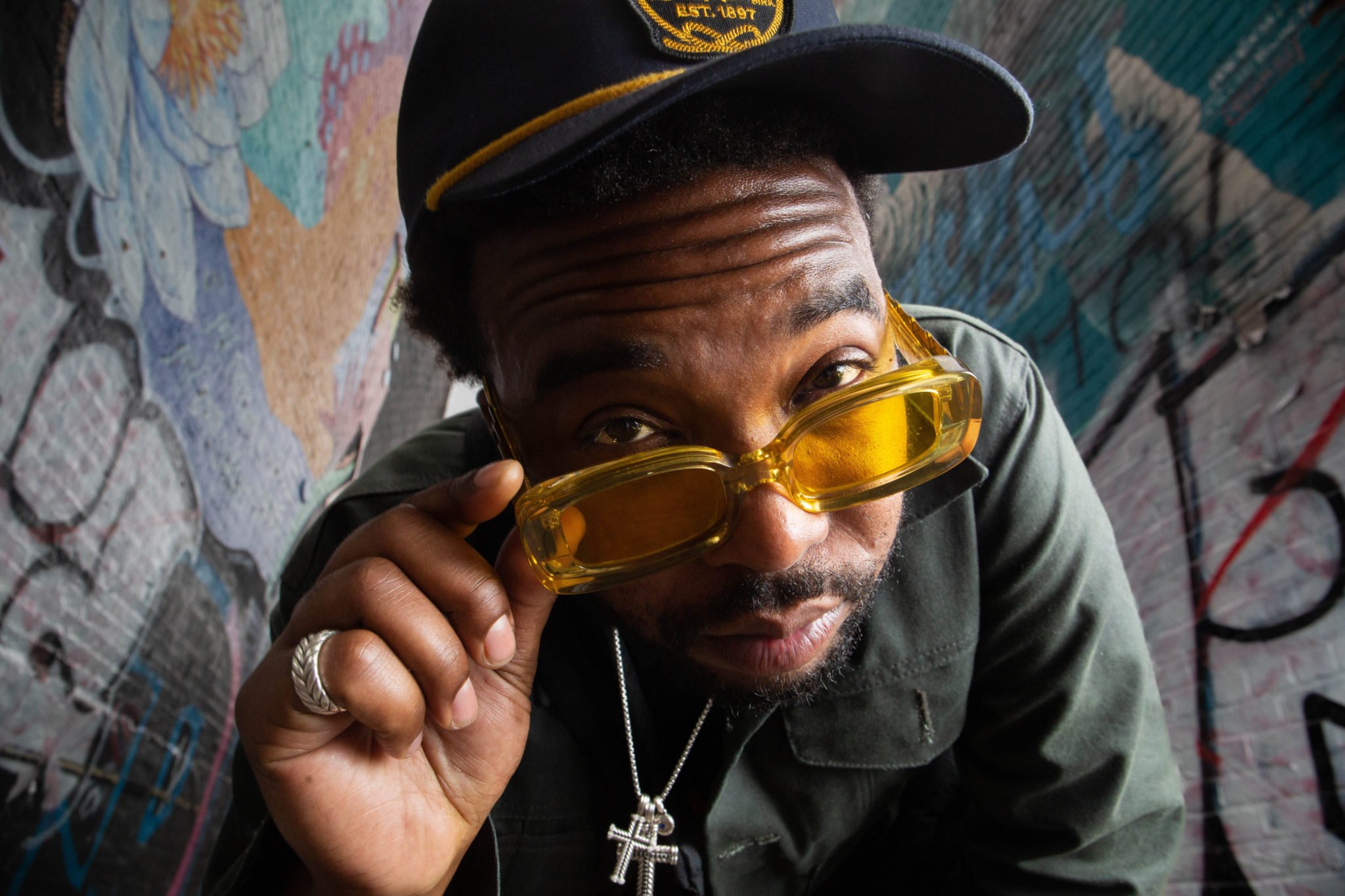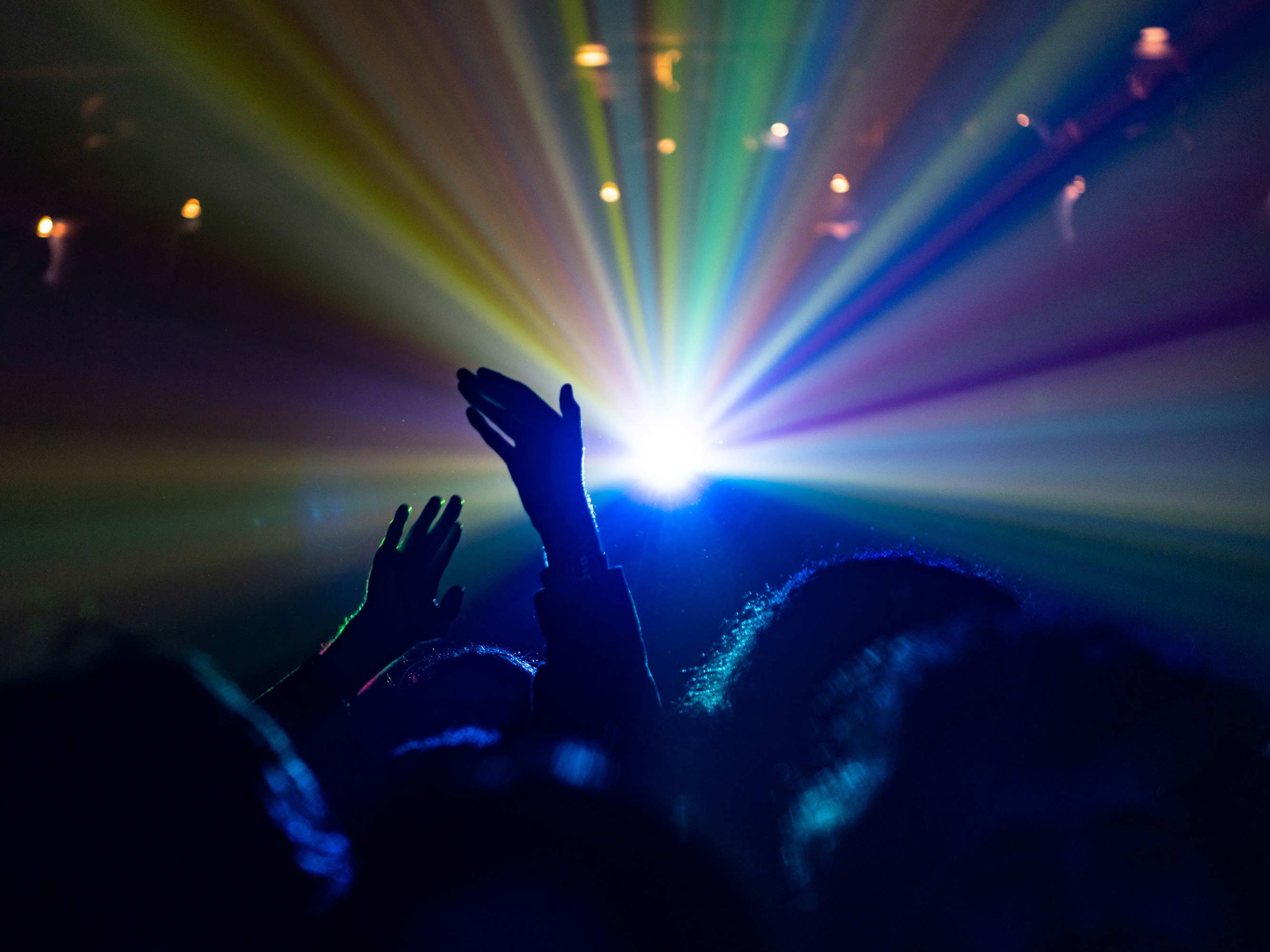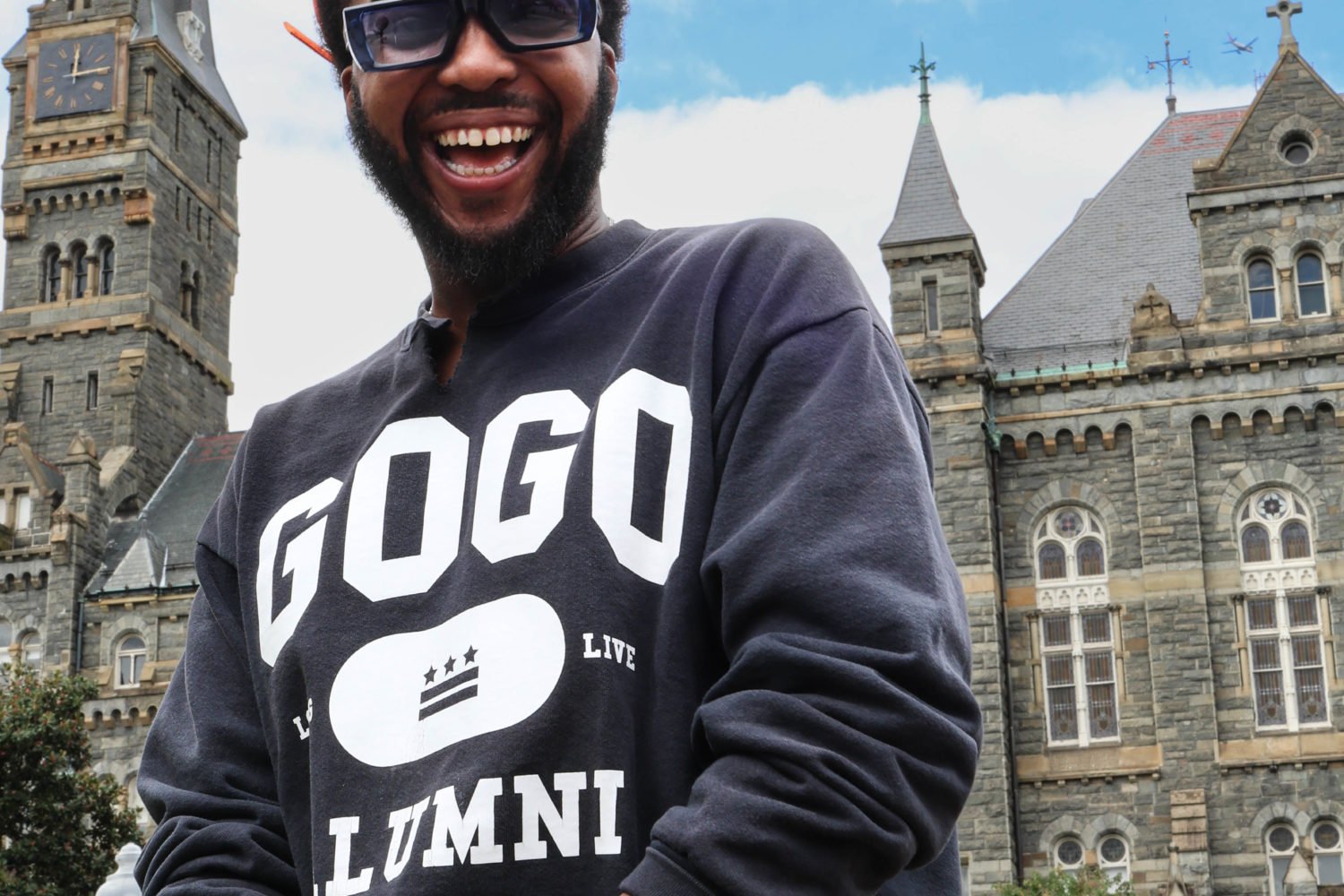About DC Music issue 2022
Check out our entire DC Music issue here, including 20 classic albums, 5 intriguing new artists, and a huge list of local venues.
Justin “Yaddiya” Johnson started promoting go-go concerts as a teen in the early 2000s and later branched out to political activism. Today he’s one of go-go’s biggest boosters. He was instrumental in getting it named DC’s official music, and he’s the organizer of the popular ongoing Moechella concert series, which occasionally puts go-go artists on a flatbed truck to create impromptu street parties. The series has prompted a lot of joy and pride about DC culture (and it also unfortunately collided with DC’s gun-violence epidemic last month).
Among many other projects—including classes about social action in local high schools—Yaddiya has a music career of his own. His new EP, Believe in Me, comes out August 9. We met in Logan Circle at one of his favorite coffee spots.
What is the idea behind the Moechella concerts?
Moechella is the intersection of culture and politics. When I’ve led protests in front of the White House, I’ve noticed how music would kind of hold people captive. That’s the inspiration behind me utilizing entertainment and theatrics to get the Black community engaged again—because most of us feel like politics don’t work for us.
You recently put on a Moechella show in LA. What’s your message for people who aren’t from DC?
We’re always looking to talk about DC statehood. A lot of people don’t know that we don’t have representation. And the only way the go-go industry can gain a broader consumer base is if we expose the music live. Letting people hear music that’s recorded doesn’t serve us.
That’s always been an issue taking go-go outside of DC, right? The energy of live shows is hard to capture on record.
You might get one or two records that break through. [UCB’s] “Sexy Lady,” EU. But you’re right, there’s never been a huge culture of original records. And that’s why I’m like, I’m going to start making these records. Sometimes you’ve got to lead by example.
How do audiences react to go-go when you bring it outside this area?
It’s like they can’t help but move. It’s playing so loud—you’ve got 12, 13 people in one group in unison. Pharrell has said it’s the climax of music. The unique thing about go-go is it hasn’t been dwarfed by the mainstream. It hasn’t been corporatized.
Which is a strength, in a lot of ways.
You read any [Malcolm] Gladwell? He talks about your weakness being your strength. Go-go has an energy that can’t be harnessed by just anyone. It’s in our blood! We can’t explain it.
A version of this article appears in the July 2022 issue of Washingtonian.


















